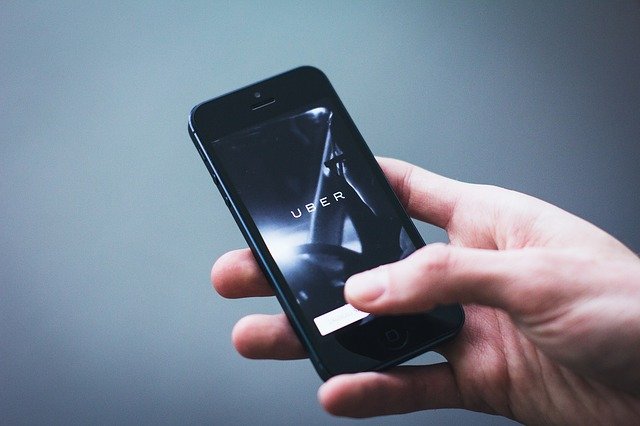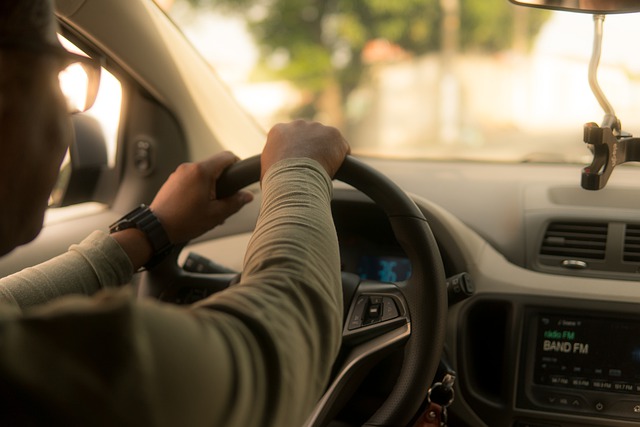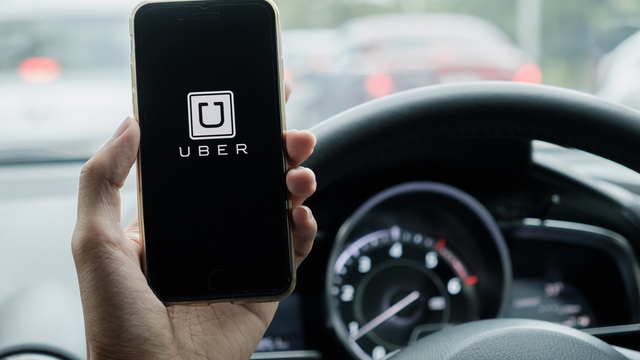While there may always be a debate as to whether it is cheaper and safer to hail a NYC taxicab or a ridesharing vehicle, everyone needs to understand the added difficulties of filing a lawsuit after being injured by an Uber driver. Ridesharing companies like Uber and Lyft keep trying to limit their financial responsibilities for their drivers’ accidents by claiming they are working as independent contractors and not employees. Fortunately, our experienced New York City Uber accident lawyers know how to help clients successfully pursue these types of injury cases.
Once we become your law firm, we will readily answer all your questions about how this type of case usually unfolds. However, we can share some valuable information now by addressing the following frequently asked questions (FAQs) often posed by our clients. As you will see, we are not just dealing with the Uber driver’s own liability insurance – we must also be ready to navigate Uber’s complex insurance coverage policies that can easily overwhelm injured plaintiffs who are not yet represented by an attorney.
[table-of-content]
Frequently asked questions about New York City Uber accidents
Q: What should an Uber accident victim do immediately after a collision occurs?
 A: Always call the police since it is better to have their support, even if all injuries are not catastrophic. Police reports often contain crucial information and sometimes provide the police officer’s opinion about who probably caused the accident. Next, obtain every other driver’s contact information and then report the accident to your insurance company, Uber, and the insurance company representing the other driver. Always remember that some insurance claims can be denied if not filed in a timely manner.
A: Always call the police since it is better to have their support, even if all injuries are not catastrophic. Police reports often contain crucial information and sometimes provide the police officer’s opinion about who probably caused the accident. Next, obtain every other driver’s contact information and then report the accident to your insurance company, Uber, and the insurance company representing the other driver. Always remember that some insurance claims can be denied if not filed in a timely manner.
In addition to obtaining medical help for your injuries, you should also contact an experienced New York City Uber accident law firm like ours — so we can immediately begin to protect all your legal rights, while carefully investigating the facts of your case.
Q: How do insurance companies and others decide who is at fault in an Uber accident?
A: In general, this is done by carefully reviewing all relevant police reports, the medical records of all injured parties, and all verified witness statements. Any photographs taken at the scene of the accident can also prove helpful in establishing fault.
Q: Who can file a wrongful death action in New York after a loved one has been killed in a fatal Uber accident?
A: Among others, the personal representative of the deceased person’s estate can file a wrongful death action, as well as a surviving spouse, children, and grandchildren. If none of these potential relatives remain alive, then damages can be awarded to the loved one’s surviving parents.
Q: What types of losses and expenses (like medical bills) can I be compensated for if I can reach a settlement with the Uber driver’s insurance company – or win a verdict following a trial?
A: We will fight hard to win compensation for all your doctor and medical bills, your lost wages, your pain, and suffering, and all other losses allowed under New York law.
Q: What do I need to understand about whether at the time of the accident, the Uber driver was “on the clock with a passenger,” “on the clock but between fares,” or simply “off the clock” and handling personal errands?
A: All those categories help determine which party’s insurance policy must be used to cover your damages or losses. Here is a brief explanation about each of those driver categories or designations.
- If the Uber driver had a passenger (like you) and was “on the clock” at the time of the accident, then you should be entitled to have all your legitimate expenses covered by Uber’s $1 million-dollar liability insurance policy.
- If at the time of the accident the Uber driver was “on the clock but between fares,” then that driver’s personal auto insurance policy is partially responsible for covering your accident expenses and losses. Under such circumstances, a knowledgeable attorney can also often get Uber to contribute to your recovery amount through its contingency insurance coverage. This is often the situation present when an Uber driver hits a pedestrian.
- If the Uber driver was “off the clock” when s/he injured you, then that driver’s personal auto
insurance policy must cover the costs of the accident – assuming the Uber driver is found to be the party at fault.
Q: Uber Accident In New York? How Much Should You Expect Your Settlement to Be?
Q: What happens to my claim if my Uber driver “was on the clock” with me as a passenger, and we were hit by an insured motorist?
A: Under those unfortunate circumstances, you should normally be covered by Uber’s $1 million underinsured or uninsured motorist coverage policy.
 Q: Whose insurance will pay for all my lost income, medical expenses, and other damages?
Q: Whose insurance will pay for all my lost income, medical expenses, and other damages?
A: Nearly everything will depend. on which party is found liable for the accident. Also, should your Uber driver wind up being the liable party – his/her driving status at the time of the collision will also be controlling. Here are a few possible scenarios.
(1) If you were a pedestrian hit by an Uber driver who was running personal errands (without a passenger at the time of the collision), then the Uber driver’s personal auto insurance policy will normally cover all the costs of your injuries.
(2) If you were a passenger in the Uber driver’s vehicle at the time of the accident – and s/he is found liable — then you should be covered by Uber’s $1 million liability policy.
(3) A rather different situation unfolds when an Uber driver causes an accident while “on the clock” waiting for a new passenger to request a ride – but without one in the car. If such a driver hits you and is at fault at a time like that, then that driver’s personal insurance policy must cover your losses – along with some added “contingency” insurance coverage provided by Uber. This holds true whether you were a pedestrian at the time of impact or a passenger in another vehicle.
In all of these and other somewhat similar situations, a lawyer’s careful guidance and advice can prove crucial to your recovery chances.
Q: Do Car Accident Insurance Policy Limits Matter?
Q: Is it always best to accept the first settlement offer made by Uber, especially when you have major medical expenses and cannot return to work yet?
 A: While the final decision is up to you as to what settlement offer you are willing to accept, our firm normally advises clients that it is often best to wait and find out the full range of medical treatments you will need, so you can obtain a highly accurate knowledge of the full extent of your losses.
A: While the final decision is up to you as to what settlement offer you are willing to accept, our firm normally advises clients that it is often best to wait and find out the full range of medical treatments you will need, so you can obtain a highly accurate knowledge of the full extent of your losses.
Many clients wait until they can determine all their job-related losses, too. It is crucial to bear in mind that once you accept a settlement payment – even if you learn new information later about the full extent of your injuries – you cannot force the vehicle insurance company to renegotiate or offer you additional funds.
Q: Can some Uber accident injury claims be properly handled just by the victim – or is it normally necessary to hire a lawyer?
A: Unfortunately, all auto insurance companies are in business to turn as large a profit as possible. Therefore, they have learned how to handle (or manipulate) injured accident victims, sometimes by just dragging out the settlement or claim process. They are always hoping you will just give up or accept their first small settlement offer. These same companies will also try to deny coverage, even if they know they may have a legal obligation to you because winning all cases is their goal.
By hiring an experienced Bronx Uber accident law firm like ours, you are letting Uber know that you expect complete fairness and will only accept legitimate settlement offers.
If you have suffered serious injuries as an Uber accident victim, you need to contact our New York City Uber accident injury law firm. We will carefully investigate all the facts of your case, review all your medical records, and then fight hard to win the maximum compensation available to you. We want every client to fully recover for all lost wages, pain and suffering, medical expenses, and other losses.


